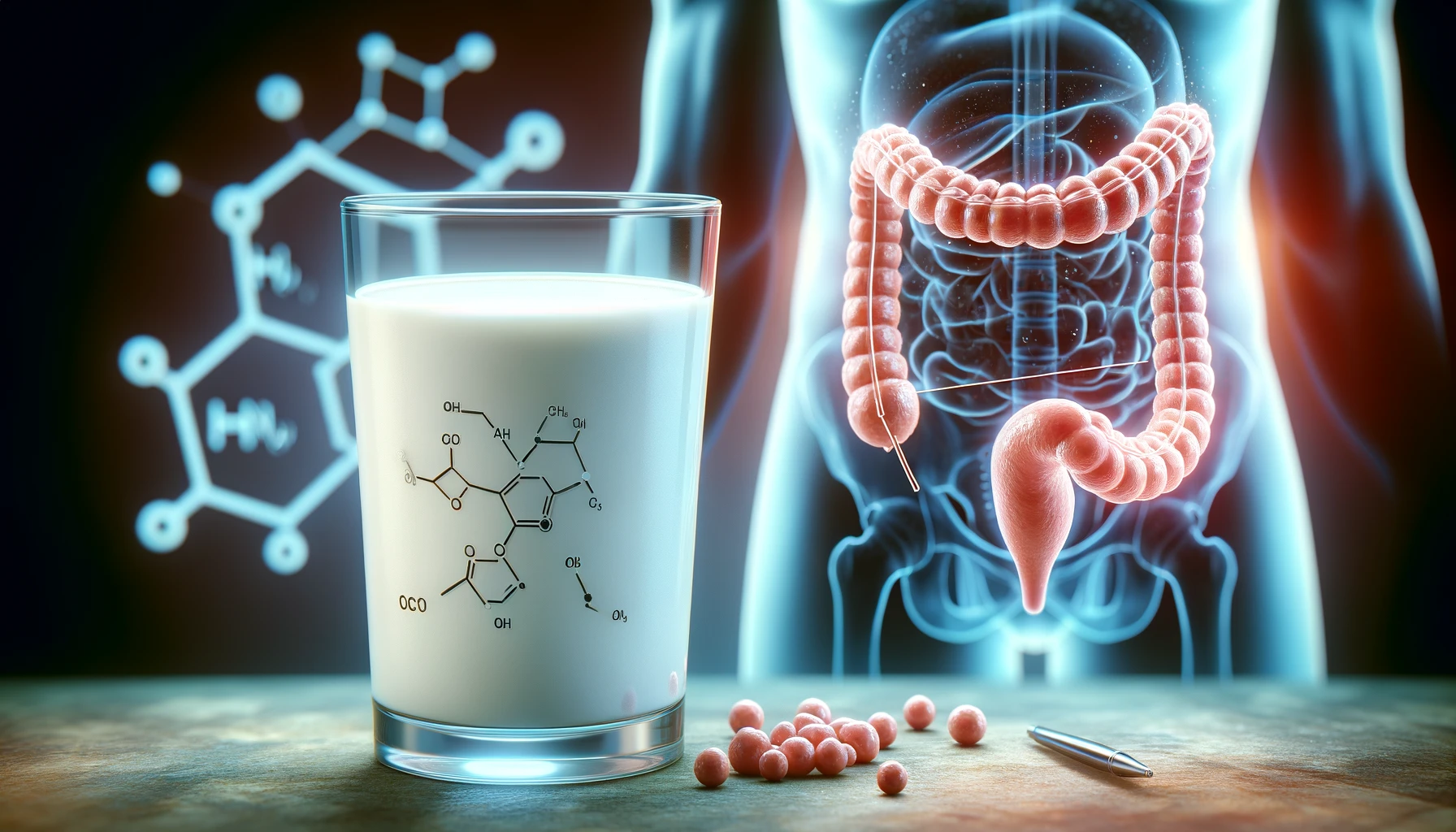Check out this answer from Consensus:
The relationship between casein in milk and colon cancer is not straightforward. While some studies suggest that casein may promote certain types of cancer, including colon cancer, other research indicates that milk and dairy products, including those containing casein, may have protective effects. The fermentation process and the presence of probiotics in fermented milk products appear to play a significant role in mitigating potential risks. Further research is needed to fully understand the mechanisms through which casein and other milk components influence cancer development.
Casein, the primary protein found in milk, has been the subject of numerous studies investigating its potential health impacts, including its role in cancer development. While some research suggests that casein may promote certain types of cancer, other studies indicate it could have protective effects. This article aims to explore the relationship between casein in milk and colon cancer, drawing on findings from various research studies.
Casein and Cancer Promotion
Several studies have examined the potential of casein to promote cancer cell proliferation. For instance, one study found that casein promotes the proliferation of prostate cancer cells, specifically PC3 and LNCaP cells, but did not affect other cell lines such as lung, stomach, or breast cancer cells1. This suggests that the effect of casein may be specific to certain types of cancer cells.
Casein and Colon Cancer
The relationship between casein and colon cancer is complex and multifaceted. Some studies suggest that casein may have a protective effect against colon cancer. For example, a review of epidemiological evidence found that total dairy products, including milk, were associated with a reduced risk of colorectal cancer in cohort studies, although this was not supported by case-control studies2. Another study indicated that high consumption of milk and milk products might reduce the risk of colon cancer, although this effect was not attributed to calcium or vitamin D intake6.
Conversely, other research has shown that casein could potentially promote colon cancer under certain conditions. A study on thermolyzed casein found that it increased colonic protein fermentation, which is associated with the production of potentially toxic fermentation products. However, the study concluded that these fermentation products do not play a significant role in promoting colon carcinogenesis9.
Protective Effects of Fermented Milk
Fermented milk products containing probiotics have been shown to have protective effects against colon cancer. A study on rats treated with dimethylhydrazine (DMH) found that fermented milk containing specific probiotic strains significantly reduced the number of aberrant crypt foci (ACF), which are precursors to colon cancer4. This suggests that the fermentation process and the presence of probiotics may mitigate some of the potential risks associated with casein.
Casein-Derived Peptides
Research has also explored the effects of casein-derived peptides on intestinal cell kinetics. One study used intestinal cell lines to identify peptides generated by bacterial hydrolysis of casein, finding that these peptides could alter cell division rates. The study suggested that these peptides might contribute to the reduced risk of colon cancer associated with fermented dairy foods5.
